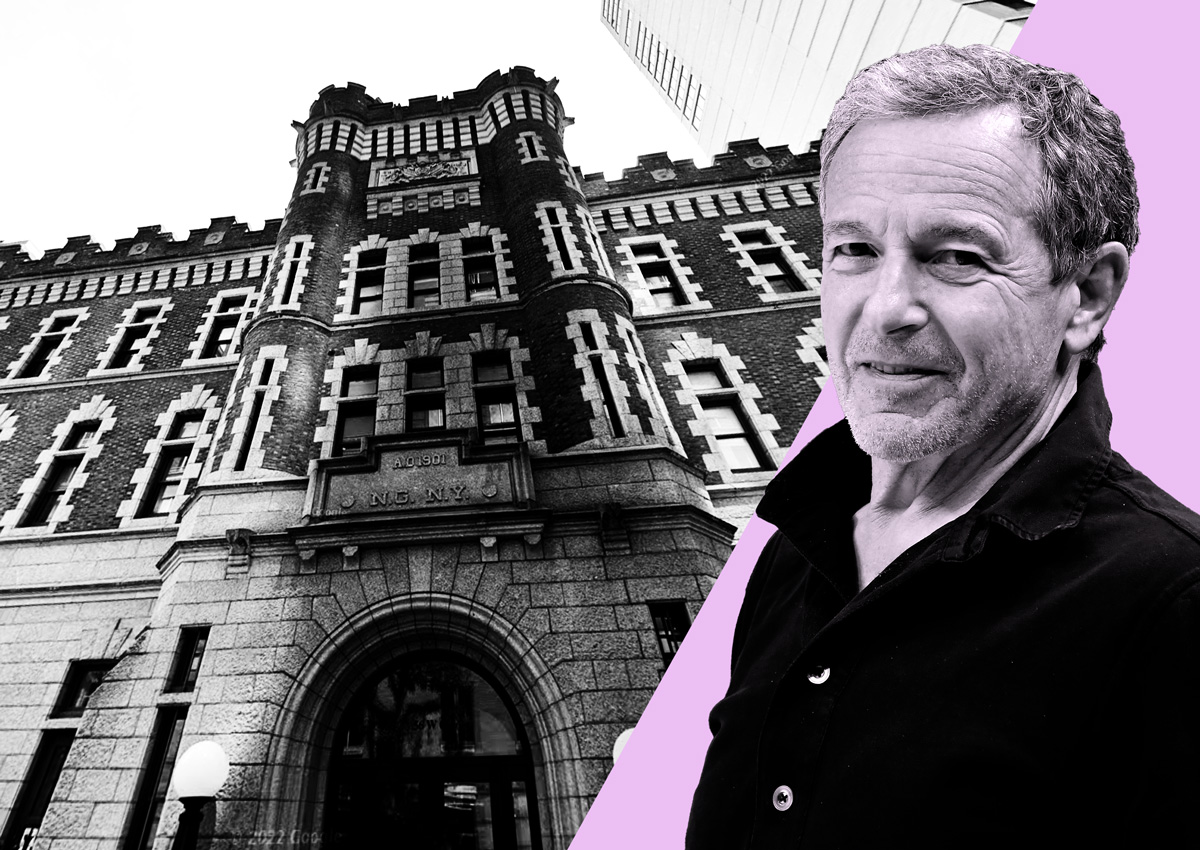Citadel’s New Real Estate Chief Sees A Return To A Different Kind Of Office
Paul Darrah is less than a week into his job as Citadel’s chief workplace officer, but he’s already looking far ahead into the future of work for both the hedge fund and office users at large.
Bisnow/Matt Wasielewski
Citadel Chief Workplace Officer Paul Darrah, speaking Feb. 23 at the University of Miami’s Real Estate Impact Conference.
As doomsday scenarios about office buildings dominate conversations in the real estate sphere, Darrah sees more of a pivot playing out in how companies think about the space they occupy and what workers want out of their office.
Citadel is leaning into in-office work as the hedge fund posts double-digit returns. It is planning billion-dollar office towers in Miami and Manhattan for both its own space and to lease to other companies. Darrah said he believes that the rest of the corporate world will eventually succeed in getting employees to show up.
“We can be more productive at home, but innovation happens in the office and I think that’s the difference,” Darrah said from the stage at the University of Miami’s Real Estate Impact Conference. “You’ll start to see more and more companies bringing people back with more policy” that dictates attendance.
Darrah was joined onstage by Michael Phillips, the president of the global real estate investment and development firm Jamestown, and the pair agreed that office space and office buildings were at a pivot point. How space is being utilized is shifting while tenant footprints are shrinking, in a process that is putting a premium on mixed-use schemes that lean into amenities.
“The investment is happening,” Darrah said. “It might be a smaller footprint, but the investment in the right product and the investment in figuring out what’s the right experience for employees.”
Prior to joining Citadel this month, Darrah held real estate roles at Google and was a key figure in the tech firm’s $2.4B acquisition of Chelsea Market in New York from Jamestown.
Darrah was four days into his new job at Citadel when he took the stage Friday, but he discussed how the company has grown from 29 employees in Miami to 250 since the hedge fund announced it was relocating its headquarters to the city in June 2022. The firm has 100K SF of office space in the city and is about to deliver another 130K SF, he said, “which is indicative of the growth we anticipate in Miami.”
It’s also planning to build a headquarters tower in the city’s financial district of Brickell that could reach north of 1,000 feet tall, but Darrah was coy when pressed for details at the conference.
“I’m going to plead the fifth on that,” he said in response to an audience question about its development partner and timeline for the project on a 2.5-acre site that Citadel paid $363M for in April 2022.

Bisnow/Matt Wasielewski
Avra Jain, the co-founder of Miami-based Vagabond Group, moderated the discussion with Citadel’s Paul Darrah and Jamestown President Michael Phillips.
The company is also planning a skyscraper on Park Avenue in Manhattan, slated to deliver in 2032, in partnership with Vornado Realty Trust and Rudin Management. Darrah said the hedge fund’s real estate strategy going forward is focused on growth in Miami, London and New York, and the firm’s investment in those cities aims to have an impact that goes beyond Citadel and helps boost business activity more broadly.
“Those are three cities where we’ll see different talent and we’ll see different growth factors in terms of where we see ourselves in the next five to 10 years and the opportunity to really influence the broader landscape just beyond our own office occupancy,” Darrah said.
Citadel’s expansion plans will play out amid a fundamental shift in how office space is thought of and utilized, Darrah said. Workers are looking to go to offices that provide opportunities beyond work, and employers are reacting by moving to spaces co-located with shopping, dining and even recreation opportunities.
Darrah commended Phillips for his firm’s development of Ponce City Market in Atlanta, a mixed-use project Jamestown developed in phases that includes 700K SF of office and 350K SF of retail space with plans to add 400 furnished apartments. The project is topped by a rooftop amusement park that includes miniature golf, boardwalk games and rides.
“As an office tenant, do I need an amusement park on top of my office building?” Darrah said. “No, but it creates a sense of vibrancy and place. And that’s what people want to experience, whether it’s before work or after work.”
The 2018 purchase of Chelsea Market, which houses a large food hall, mall and office building, looks prescient today, as companies respond to the work-from-home era by leasing spaces in mixed-use neighborhoods that are meant to draw workers back to the office.
That shift in office demand has left aging, commodity office towers struggling to attract tenants, pushing down building values and sending office debt delinquencies higher.
The conversion of defunct office towers into residential space has become one of the key solutions that the industry is exploring, with such conversions increasing fourfold since 2021. But Darrah cautioned that such a solution is only structurally feasible at around half of the challenged inventory, with even fewer properties able to execute a conversion in today’s debt environment.
“There’s great opportunity for adaptive reuse, and it’s not just for resi,” Darrah said. “Fifty percent of the projects are probably viable, but not all of them are economically viable. They’re viable from a delivery perspective, but maybe not economically viable in our current environment.”



